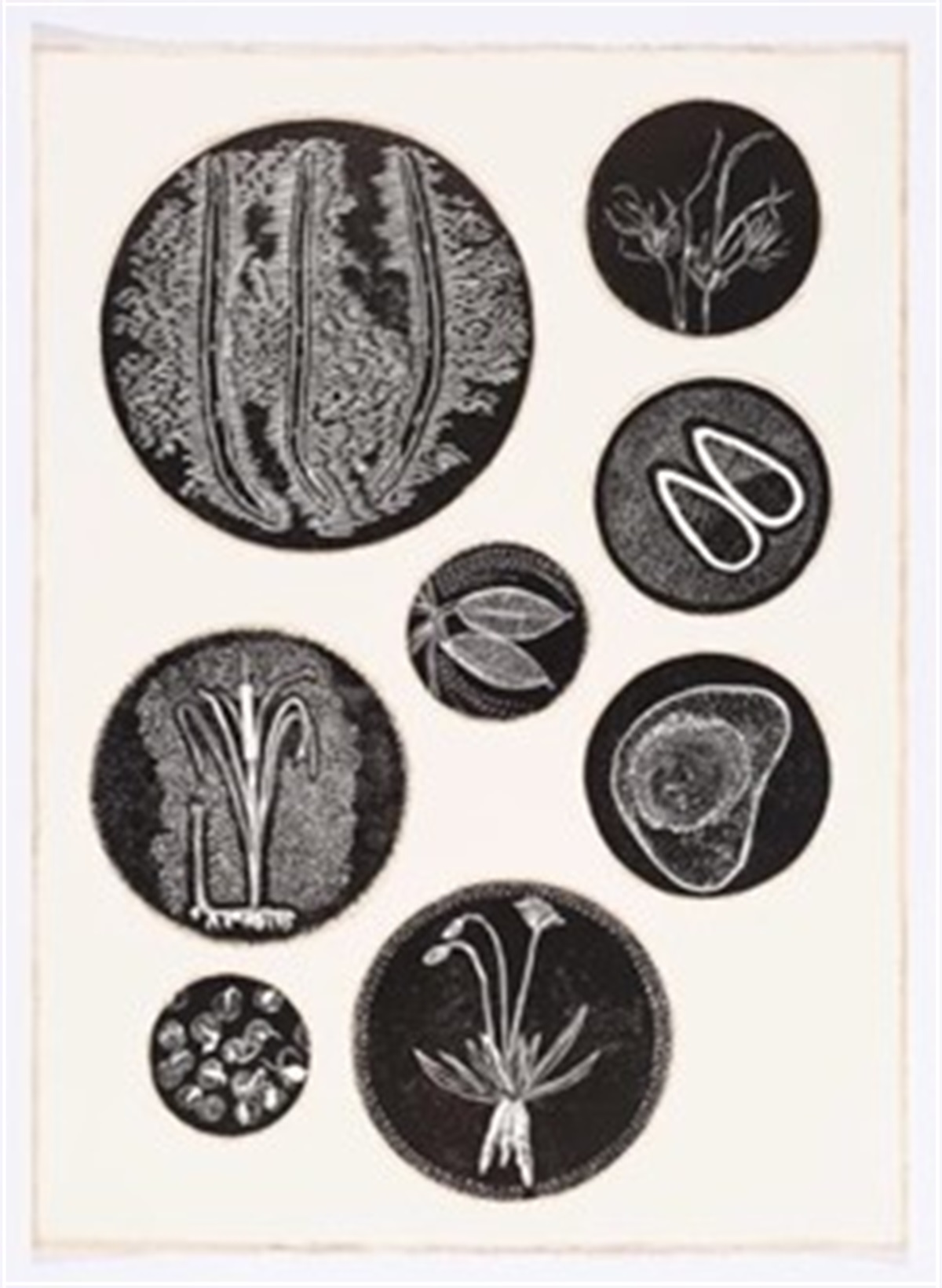The Victorian Ombudsman marks its 50th anniversary on 30 October 2023, and to celebrate this milestone a report outlining its history has been tabled in Parliament today. Watchdog for the People | 50 Years of the Victorian Ombudsman tracks the fascinating social, political and historical context for the establishment of the Victorian Ombudsman as well as the evolution of the Office and its powers.
Each Ombudsman faced unique challenges and played a part in consolidating the foundations of how to address the imbalance between the power of the State and that of the ordinary person. At the time, there was no easy recourse to remedy administrative injustices. This simple but critical purpose has endured and resulted in benefits to hundreds of thousands of people across the state and beyond.
A gruelling ten-year campaign to establish the Ombudsman began in the 1960s and was marked with Alan Missen, an active member of the Victorian Liberal Party, visiting New Zealand Ombudsman, Sir Guy Powles while on his honeymoon in 1963. Debate about the appropriate powers and qualities of an Ombudsman continued until 1973, championed by Labor leader Clive Stoneham and Country Party Legislative Councillor Michael Clarke, when the Liberal Party’s newly elected leader, Rupert Hamer, instigated a progressive agenda, including the passing of the Ombudsman Act.
The history then follows each decade since, charting the contribution and priority each Ombudsman made during their term. Starting with the inaugural Ombudsman Sir John Dillon who was concerned with establishing the ‘authority and reputation’ of the office of the Ombudsman and had to sell ‘it and its occupant’ to the public.
The breadth of impact of the office can be seen from resolving seemingly minor issues like saving the small wooden newspaper kiosk at Clifton Hill railway station that was to be demolished in 1991, or the complaints of women for the inadequate provision of toilets at theatres, conference centres and sporting venues. Higher profile, more systemic investigations including overseeing the Victoria Police Ceja taskforce investigating corruption allegations against former drug squad members; police corruption claims made by former detective Dennis Tanner or the report into MP Geoff Shaw’s misuse of his parliamentary vehicle. And more recently, investigations that explored the human rights of Victorians during COVID-19.
The Ombudsman’s jurisdiction has varied and at times been challenged. Local Government was included in January 1977. Police complaints were a major part of the Ombudsman’s workload from 1988 until 2013, when IBAC was established and police complaints were removed from Ombudsman’s jurisdiction altogether.
The Whistleblowers Protection Act commenced in January 2002, extending the role of the Ombudsman to investigate whistleblower complaints and in 2006, Victoria became the first Australian state to enshrine human rights into law; from this time, the Ombudsman began to view complaints through a human rights lens.
In the past 50 years, life has changed dramatically. In different guises and changing contexts, conflicts of interest, corruption, maladministration and the failure of government departments and agencies to fulfil their responsibilities, continue to impact Victorians, ensuring the Victorian Ombudsman’s purpose and relevance remains as important as ever.








